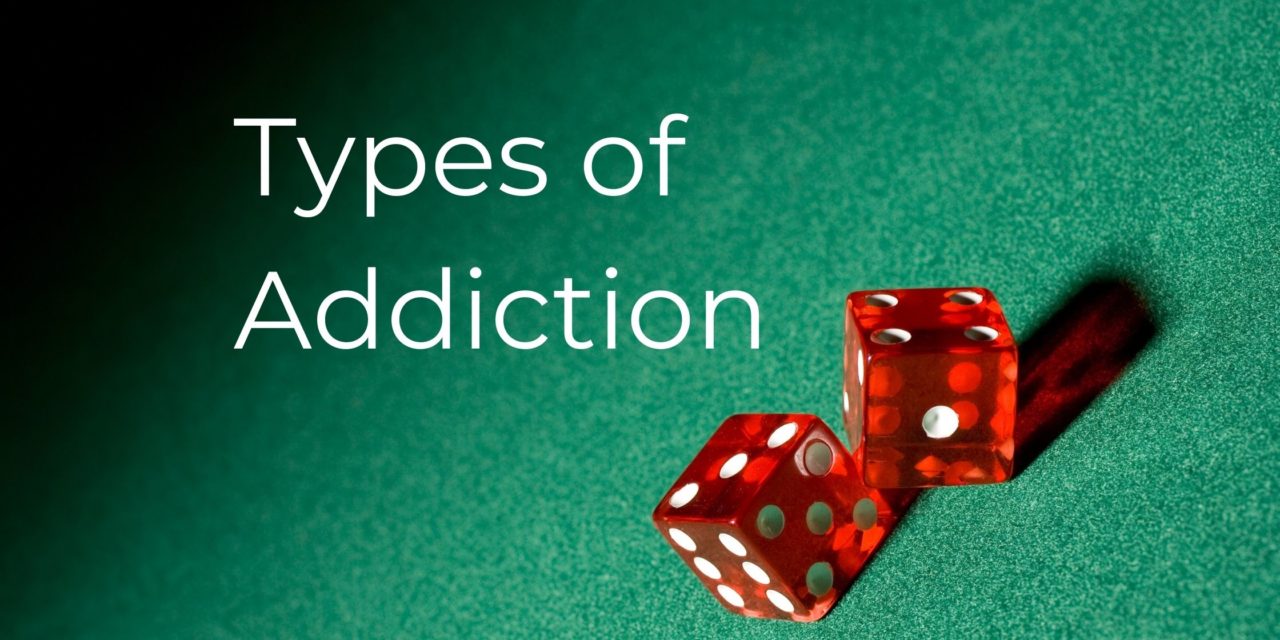Addiction is a destructive disease that can lead to once-unthinkable consequences. And the addiction doesn’t have to be to heroin, alcohol, cocaine, or any chemical substance for that matter. It is possible and more common than one may think, to be addicted to a particular behavior. Substance addiction and behavioral addiction are different, but there are also a number of similarities between those who struggle with either form of addiction.
Defining Addiction
When searching for a definition of addiction, most sources focus on chemical dependency and substance addiction. Even on the American Psychiatry Association (APA) website, addiction is defined as “a complex condition, a brain disease that is manifested by compulsive substance use despite harmful consequence”. Note the use of the term “substance use”. However, we discussed above that behavioral addictions are not that different from substance addiction. Unfortunately, the APA definition reads the way it does because the only behavioral addiction listed in the DSM-V is gambling due to insufficient evidence to support other behavioral addictions. The DSM-V is the most widely used publication guiding the diagnosis and treatment of mental health disorders.
Stanley Peele is a psychologist, psychotherapist, and co-author of the book Love and Addiction. In this publication, Peele describes addiction as when addicted individuals are dependent on a particular set of experiences and goes on to explain that the reaction to chemical substances is just one example of this dependence. This somewhat broader understanding of addiction seems more accurate when considering the reality of behavioral addictions.

Substance Addiction
The APA definition of addiction being a compulsion to use substances despite harmful consequences is quite accurate when referring to chemical substance addiction. Dependency is when the substance needs to be consumed in order for the individual to simply feel normal. An individual with chemical dependency likely will experience withdrawal symptoms if they discontinue drug use. Physical dependence is one criterion for diagnosing a substance use disorder, but the two usually go hand in hand. Treating drug and alcohol addiction requires addressing the physical effects, as well as the behavioral issues that may be associated with use.
Behavioral Addiction
Behavioral addiction is a psychological dependence on a particular set of experiences that are not a reaction to chemical substances, rather behaviors. Unlike a drug or alcohol addiction, someone with a behavioral addiction is not experiencing a physical addiction to anything. This lack of physical addiction means many signs that make it easy to identify the addiction may not be present.
Examples of behavioral addictions include:
- Gambling addiction
- Eating disorders
- Sex Addiction
- Gaming Addiction
- Shopping Addiction
- Pornography Addiction
- Exercise Addiction
How are substance and behavioral addictions alike?
The multitude of similarities between substance addiction and behavioral addictions may be surprising to many. Most addictive drugs act on the pleasure and reward centers of the brain. Similarly, when behaviors such as gambling or sex are engaged, it triggers the release of pleasure hormones and initiates a reward signal. Additionally, addiction to behaviors can have consequences on the same areas of one’s life as drug addiction. The addict may display functional impairments in there work, relationships, and in various social situations. In both cases, the addict is also likely to continue on with their behavior despite negative consequences that arise.
Behavioral Therapy & Addiction
Although most behavioral addictions are not covered in the DSM-V, behavioral therapy is recognized as one of the most effective forms of treatment for addiction. The goal of behavioral therapy is to identify unhealthy behaviors and change them to produce better outcomes. Behavioral therapy is a promising treatment option for individuals struggling with any form of addiction, but treatment plans should be personalized to meet each individual’s needs.
Sources:
https://www.psychiatry.org/patients-families/addiction/what-is-addiction
https://www.mentalhelp.net/addiction/vs-behavioral-addictions/

